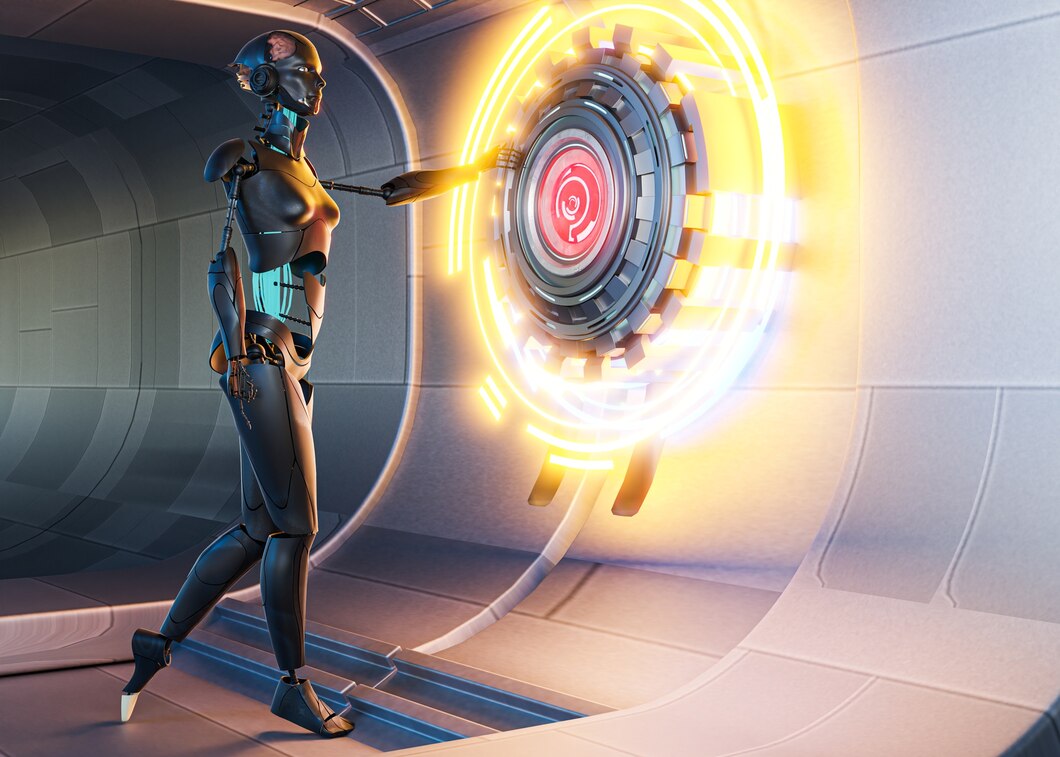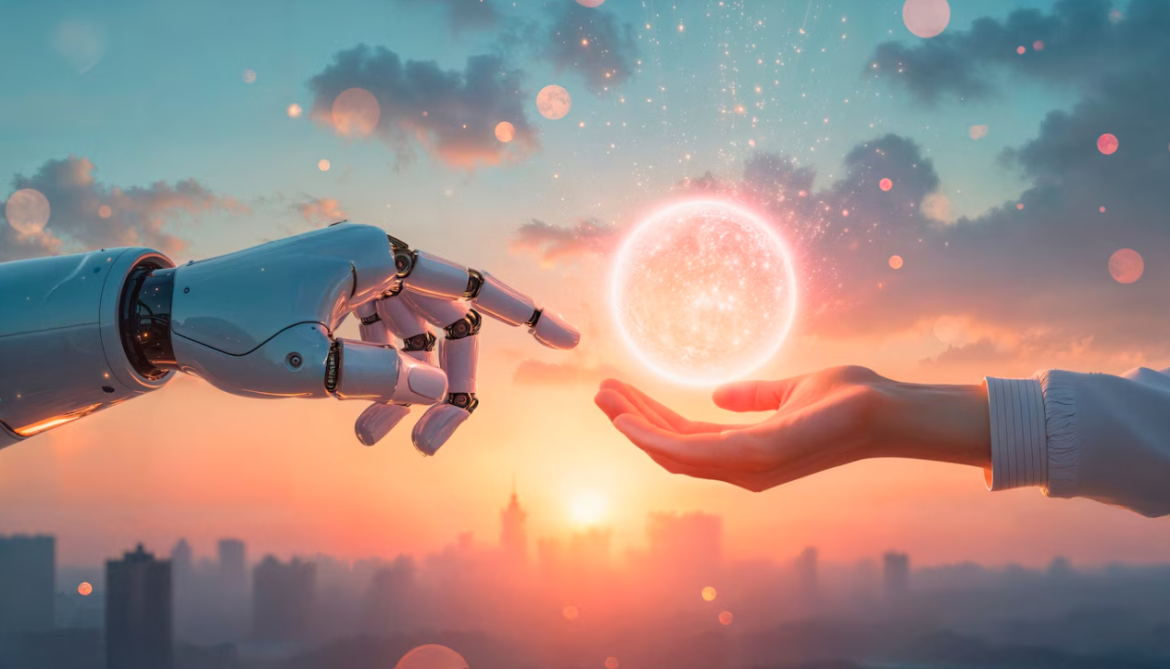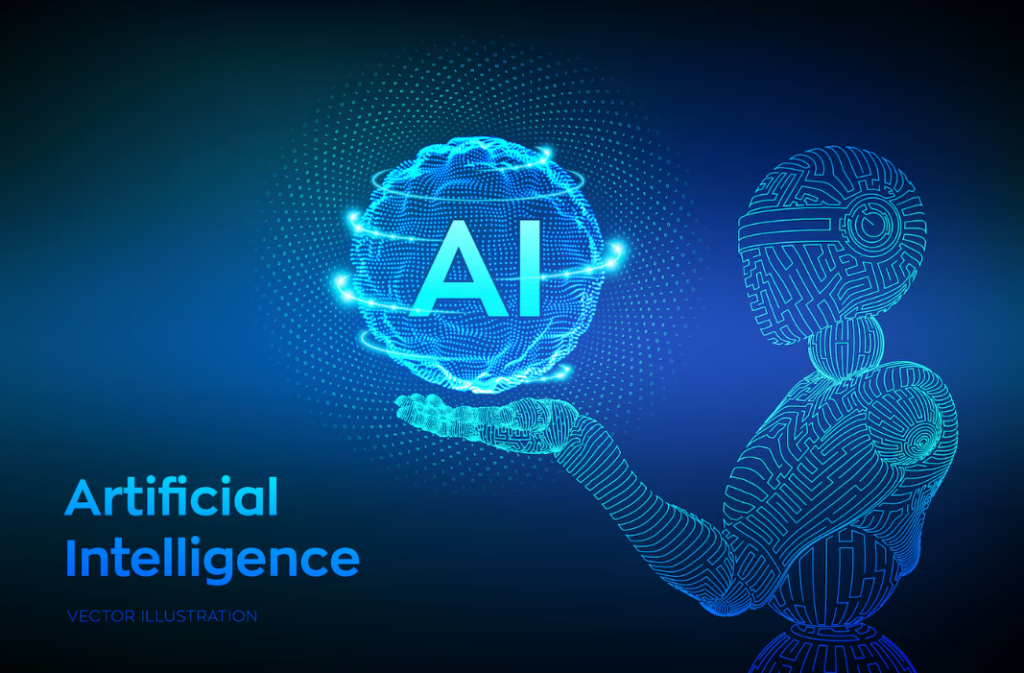In recent years, artificial intelligence (AI) has rapidly evolved, revolutionizing industries from healthcare to transportation. As we stand at the forefront of technological advancement, it’s crucial to examine the future of artificial intelligence and what it means for society. From enhancing productivity to redefining how we learn and communicate, AI promises to be one of the most transformative forces of the 21st century. With both excitement and caution in the air, let’s take a deeper look at the possibilities AI holds for our future.
Understanding the Current Landscape of AI
Before diving into what the future may hold, it’s essential to understand where AI stands today. At its core, artificial intelligence involves machines that can mimic human intelligence—learning, problem-solving, and adapting. Today’s AI can already beat humans in complex games, recognize faces with higher accuracy than the human eye, and generate text, images, and music with remarkable creativity.
The expansion of machine learning and deep learning has enabled AI systems to interpret massive amounts of data and make decisions faster than ever before. Businesses are already reaping the benefits through automation, predictive analytics, and chatbots that improve customer service. This progress sets the stage for an even more integrated future.
The AI Future: Shaping Tomorrow’s Technologies
As we peer into the AI future, the potential applications are almost limitless. One of the most anticipated developments is the integration of AI into daily life through smart assistants, self-driving vehicles, and intelligent home systems. These innovations are likely to become more accessible and sophisticated, allowing for seamless human-AI interactions.
In the healthcare sector, AI is expected to advance personalized medicine, enabling doctors to predict diseases before they manifest based on genetic data and lifestyle patterns. Robotic surgeries, powered by AI, are becoming more precise, reducing recovery time and increasing survival rates.
Meanwhile, industries like finance, logistics, and agriculture are leveraging AI to optimize efficiency and reduce waste. AI-driven analytics are helping investors make better financial decisions, while smart drones and automated systems are improving crop yields in farming.
The Future of AI in Education
One of the most promising areas is the future of AI in education. Imagine a classroom where each student receives a customized learning plan tailored to their strengths, weaknesses, and pace. AI-driven educational tools can analyze performance data in real time, offering teachers actionable insights to support student success.
Virtual tutors, powered by natural language processing, are now capable of assisting students outside school hours, answering questions, and providing explanations as needed. These systems are particularly beneficial in remote and under-resourced regions, democratizing access to quality education.
Additionally, administrative tasks such as grading, scheduling, and attendance tracking are being automated, giving educators more time to focus on instruction and student engagement. The future of AI in education is not just about replacing teachers but enhancing their ability to teach and connect with students.
Ethical Considerations and Challenges Ahead
While the future of artificial intelligence is filled with promise, it’s not without its challenges. Ethical concerns surrounding data privacy, surveillance, and bias in AI algorithms are major talking points. As AI becomes more integrated into decision-making processes, ensuring transparency and fairness will be vital.
There’s also a growing concern about job displacement, as automation could replace certain roles across various sectors. However, many experts argue that AI will also create new jobs and industries, requiring a shift in how we educate and prepare the workforce for the future.
Regulation and governance will play a key role in steering AI development responsibly. Policymakers, tech leaders, and communities must work together to establish ethical frameworks that prioritize human values and societal well-being.
Conclusion: A Balanced Outlook on AI’s Future
The future of artificial intelligence holds immense potential to reshape the way we live, work, and learn. From revolutionizing education through personalized learning platforms to enabling life-saving medical innovations, AI’s impact is already unfolding around us.
As we look ahead to the AI future, it’s important to strike a balance between embracing technological progress and addressing the ethical, social, and economic implications. Responsible development, coupled with thoughtful regulation, will ensure AI remains a tool for good.
By understanding and preparing for these changes today, we can better harness AI’s power for a more equitable, efficient, and enlightened tomorrow.



